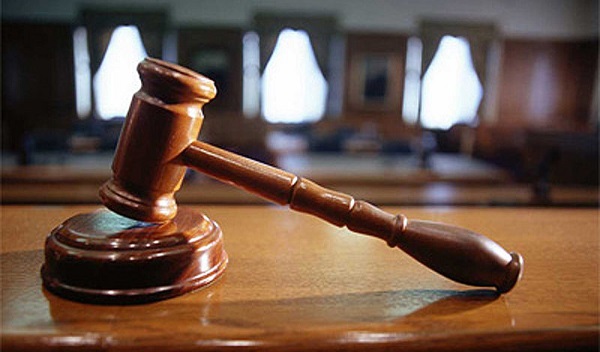A senior official of the West African Examination Council (WAEC), Henry Adewunmi, wednesday told the Presidential Election Petition Tribunal that records showed that President Muhammadu Buhari sat for the 1961 WAEC examination.
Led in evidence by Buhari’s lawyer, Chief Wole Olanipekun (SAN), the witness told the tribunal that 18 candidates sat for the examination and the president was number two on the list of candidates.
The witness stated that Buhari sat for eight subjects and had credits in five subjects: Oral English C5, History A3, Geography C6, Hausa Language C5 and Health Sciences C6.
Adewunmi, a Deputy Registrar in charge of School Registration, in his evidence, confirmed that Buhari was educated up to secondary school level and was awarded aggregate 32 and Grade 2 for his performance.
Going by Adewunmi’s testimony, Buhari complied with Section 131(d) of the 1999 Constitution (as amended) which states that a presidential candidate must be “educated up to at least School Certificate level or its equivalent.”
He, however, clarified that the Cambridge University International Assessment Education Result said to have been awarded to President Muhammadu Buhari is not the same as a certificate.
One of the grounds that the candidate of the Peoples Democratic Party (PDP), Atiku Abubakar and his party are seeking the nullification of Buhari’s victory in the February 23 presidential election is Buhari’s alleged non-possession of the requisite academic qualification.
He said the assessment, which led to the issuance of result to Buhari was moderated by the Cambridge Assessment International Education in conjunction with WAEC.
However, under cross-examination by Atiku and PDP’s counsel, Dr. Levy Uzoukwu (SAN), the witness admitted that the assessment result issued to Buhari was not equal to a certificate.
Besides, the witness who claimed to have worked with WAEC for 30 years, said the assessment report of Buhari was not a document from WAEC because it bore Cambridge University Assessment International Education.
Further cross examined by the petitioners, Adewunmi admitted that he never worked with the University of Cambridge and that his own signature was not on the assessment report.
He added that the attestation letter issued to Buhari on November 2, 2018 was not a certificate and it could be issued under various conditions.
Another witness, Mohammed Abba, a Senior Special Assistant to Buhari, who identified the president in a group photograph of the 1961 set of Katsina Provincial Secondary School, said the result sheet possessed by the president was not same as a certificate.
Abba said he had known Buhari for over 30 years but that he never served in the Nigerian Army and was never a schoolmate to Buhari.
He said the facts he deposed to in his witness statement on oath were obtained from the curriculum vitae and available record on Buhari.
When presented with Buhari’s CV, Abba told the tribunal that although schools attended by Buhari were listed, no certificate was listed in the CV or attached to it.
On the differences in the name Mohammed Buhari contained in the Cambridge documents and Muhammadu Buhari being the real name of the president, the witness said the two names were the same in Islam.
Two other witnesses called by Buhari, Mohammed Kwatu, a retired broadcaster in Niger State and Usman Dagona, a businessman in Nasarawa State, described the February 23 presidential election as free and fair.
When their attention was drawn to some results sheets, they told the tribunal that they were not at the point where alterations were carried out by the Independent National Electoral Commission (INEC) officials.
Buhari, who opened his defense in the petition against his election on Tuesday, has so far called seven witnesses who testified for him and also tendered several documents through his counsel.
Further defence in the petition continues Thursday.
Source: THISDAY










